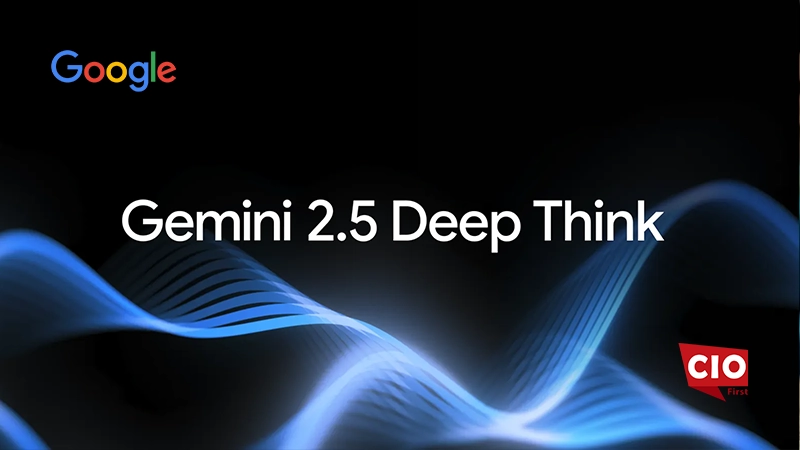Google has launched Deep Think, an advanced AI-powered reasoning tool, within the Gemini app for its Google AI Ultra subscribers. The latest iteration of Gemini 2.5’s Deep Think model is designed to tackle complex mathematical and scientific problems with improved speed and usability, offering users enhanced creative problem-solving capabilities.
This release follows rigorous testing and feedback from early trusted users, showing significant improvements over the version previewed at Google I/O. While the full-scale model earned a gold medal-equivalent score at the 2025 International Mathematical Olympiad (IMO), the current version available to subscribers offers bronze-level performance based on internal benchmarks—optimized for everyday use with faster response times.
As part of the rollout, a select group of mathematicians and researchers are also receiving access to the full Deep Think model used in the IMO benchmark. “We look forward to hearing how it could enhance their research and inquiry,” the Deep Think team stated. “We’ll use their feedback as we continue to improve this offering.”
Also Read: Knit Secures $16.1M Series A to Redefine Enterprise Insights with Researcher-Driven AI
Deep Think leverages Gemini’s novel parallel reasoning architecture, mimicking the way humans analyze complex problems by exploring multiple solutions simultaneously and iterating toward an optimal result. It extends the model’s “thinking time” and incorporates new reinforcement learning techniques that enable more intuitive and creative problem-solving.
Key use cases for Deep Think include scientific research, mathematical discovery, iterative design, and algorithmic development. Google reports that the model shows superior performance on challenging evaluation benchmarks such as LiveCodeBench V6 and Humanity’s Last Exam, highlighting its capabilities in reasoning, coding, and knowledge across domains.
In one demonstration, Deep Think successfully aided mathematician Michel van Garrel in testing conjectures, showcasing its potential as a valuable tool in academic research. Users have also noted improvements in tasks requiring step-by-step design, including web development and visual art generation.
This launch marks another step forward in Google’s mission to develop AI that enhances human potential and pushes the boundaries of knowledge.
Source: Google


























